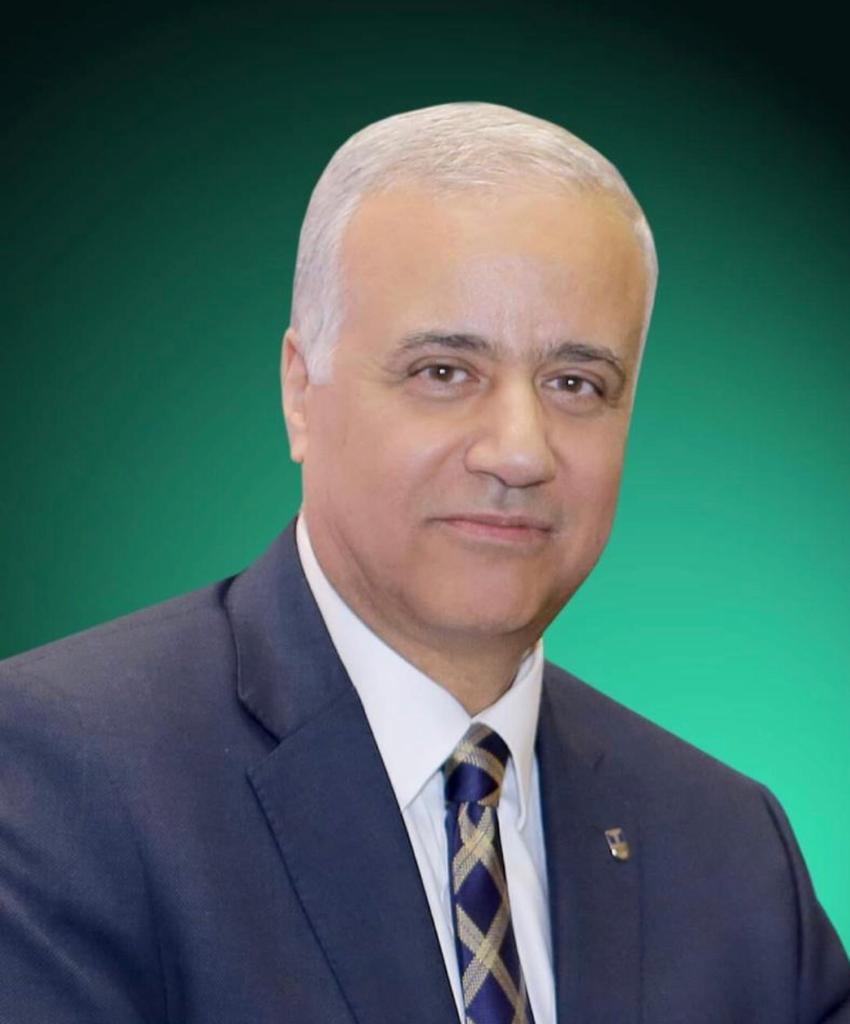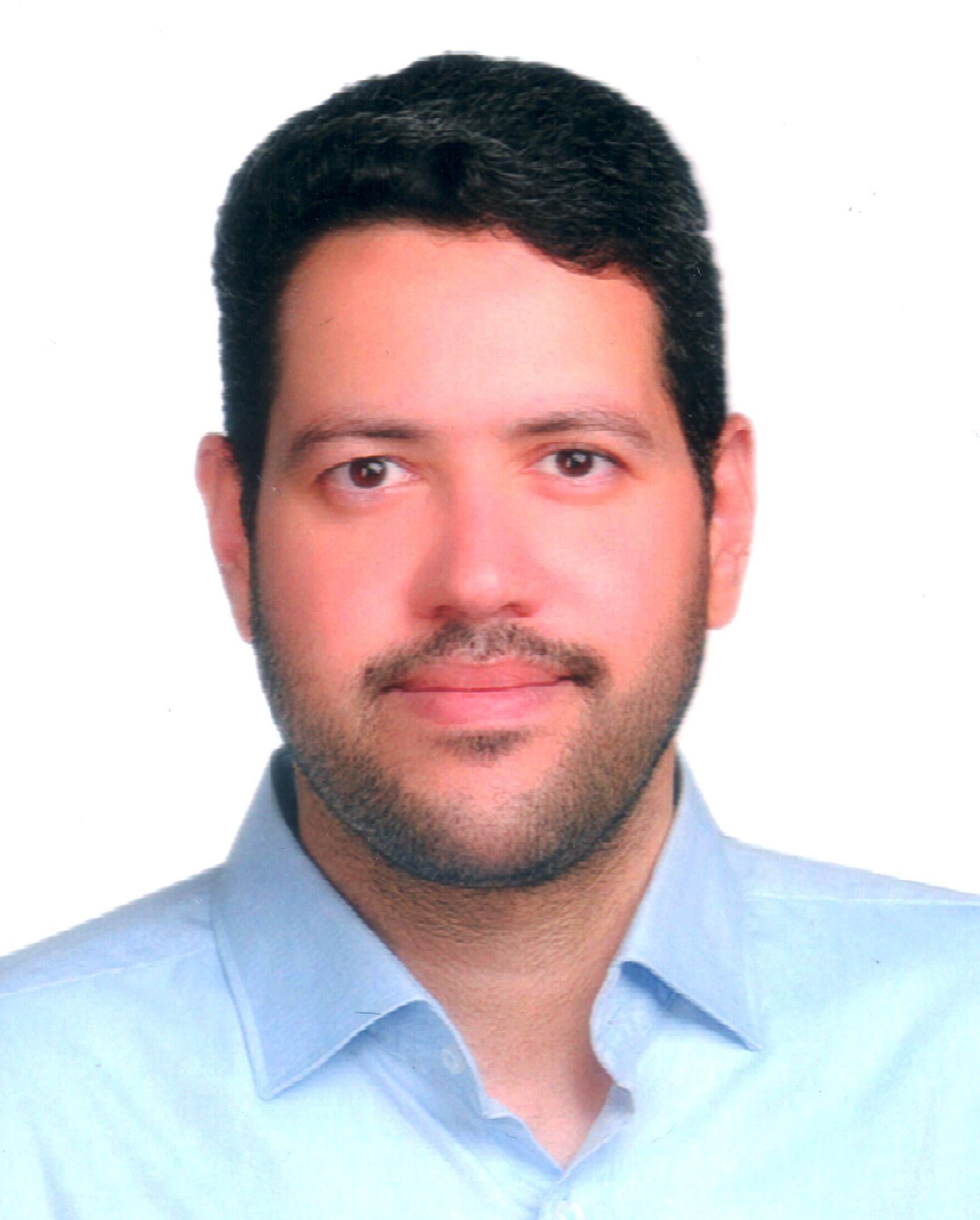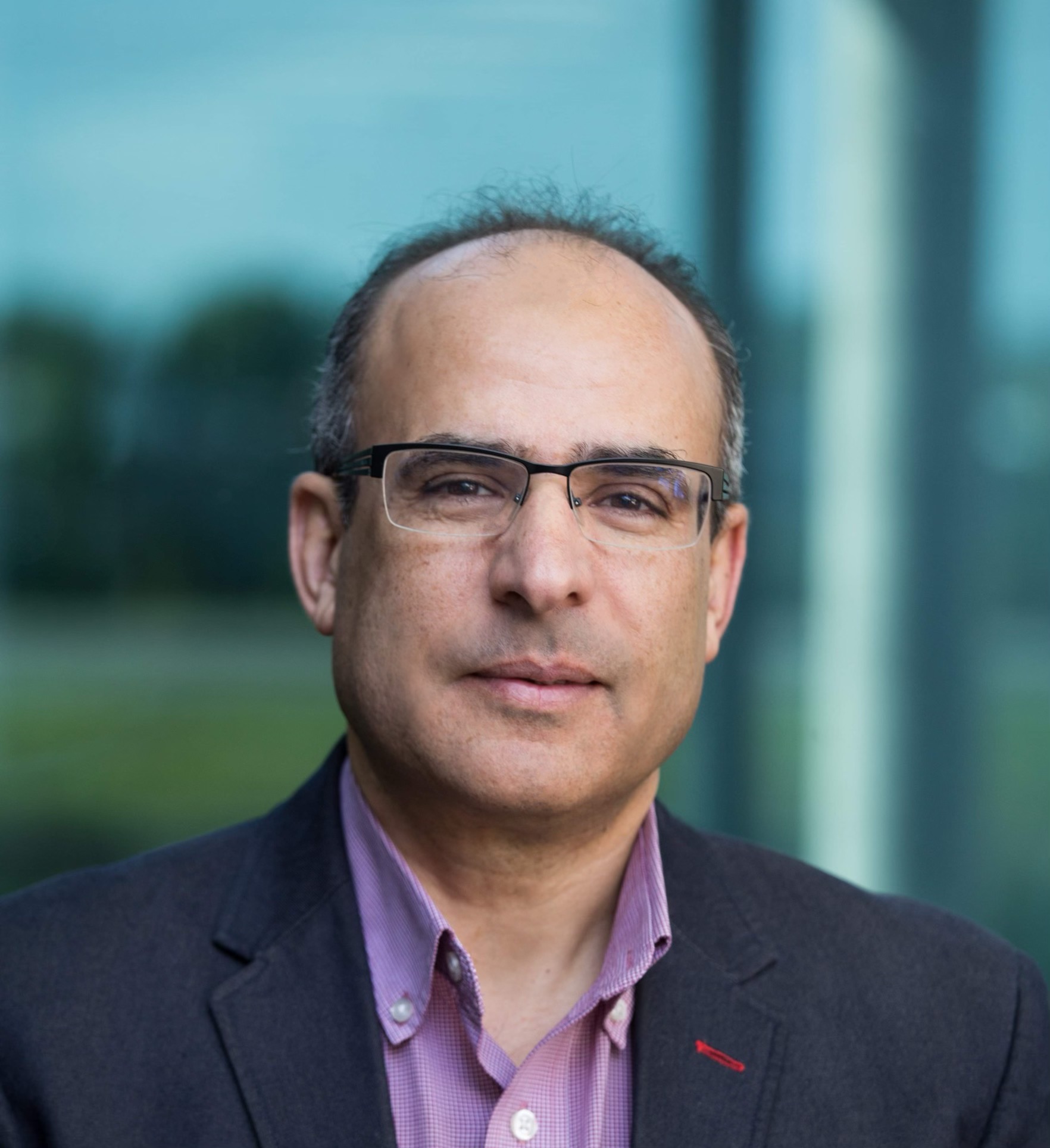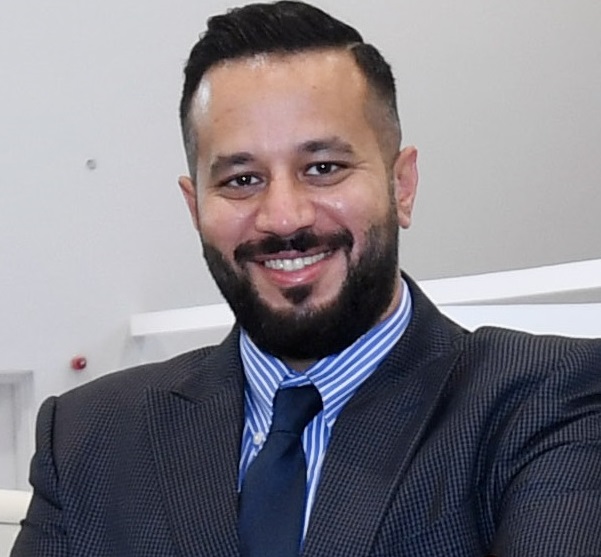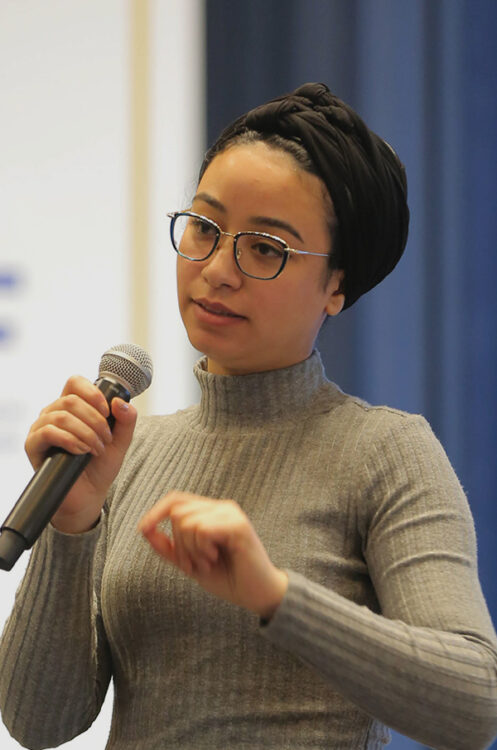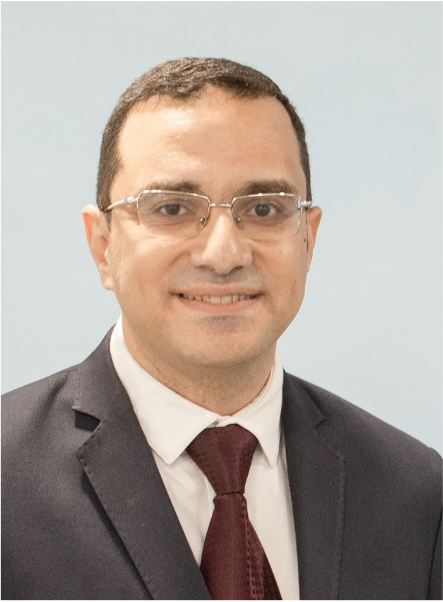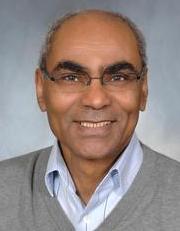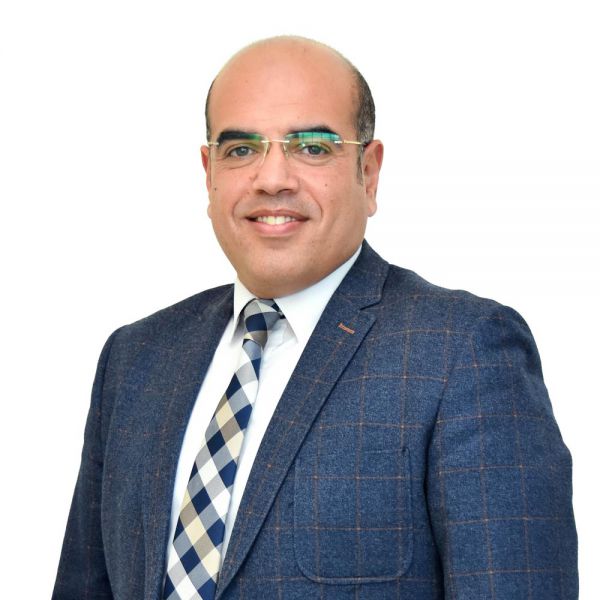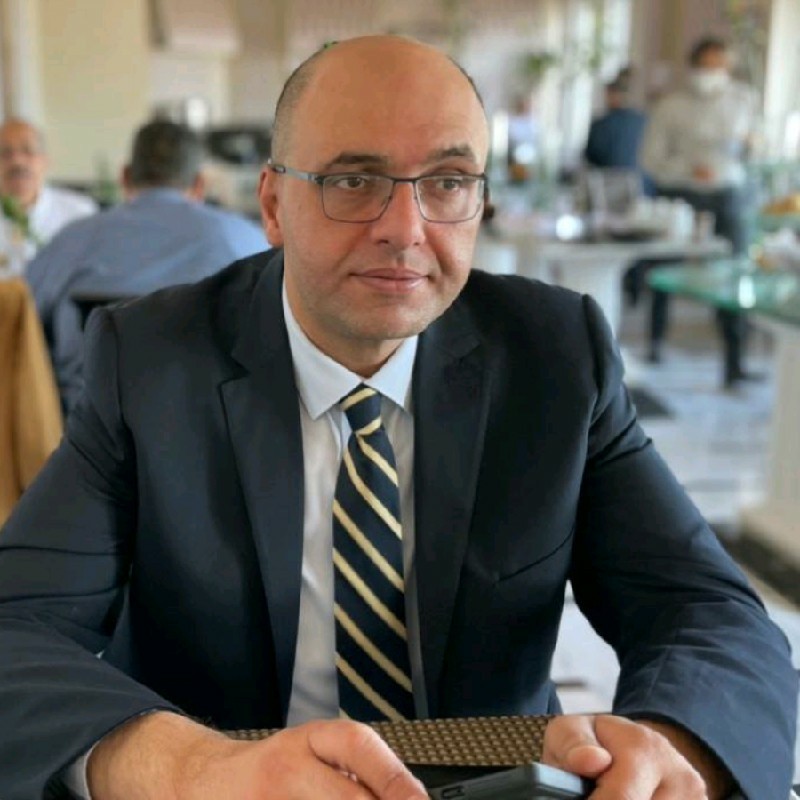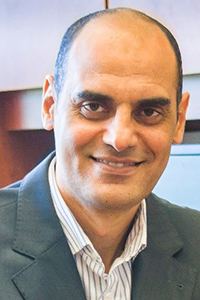Program
Opening
Dr. Alaa Khamis
Dr. Mustafa El-Nainay
NTRA Representative
Eng. Ravikiran Annaswamy (IEEE TEMS Society)
Ministry Representative
Dr. Essam Elkordi
Keynote Speech #1: Smart Mobility: Foundational Technologies, Technology Enablers and Disruptors
Keynote Speaker: Dr. Alaa Khamis
Nowadays, we are witnessing several paradigm shifts in mobility systems and services. Cities are decarbonizing the transportation sector and are moving from car-centric mobility to multimodal mobility; from restricted mobility in two-dimensional streets to 3D mobility; from rigid schedule mobility to mobility on demand and on an as-needed basis and from fragmented unconnected mobility to seamless integrated mobility. Mobility companies move from manufacturing and trade economy to service economy or servitization such as Mobility-as-a-Service (MaaS) and from the unsustainable “number of vehicles sold”’-based revenue model to vehicle miles traveled (VMT)-based, infonomics-based data and customer experience monetization and passenger economy-based revenue models. Delivery service providers move from conventional slow, rigid and non-transparent last-mile delivery to fast, elastic and transparent last-mile delivery services. People move from ownership to usership and from passive mobility to active and zero-impact mobility. Different foundational technologies, technology enablers and mobility disruptors are behind these paradigm shifts. This talk describes these technologies and highlights their potential growth and eco-socio-economic implications. Impacts of the COVID-19 pandemic on consumer behaviors and preferences and the expected short-term disruptions and longer-term structural changes in different aspects of mobility systems especially in micromobility, shared mobility, public transit, and contactless last-mile delivery services will also be highlighted.
Description
Keynote Speech #2: Car, Please Take Me Home
Keynote Speaker: Dr. Ismail Zohdy
Break and Networking
Panel Discussion #1: Smart Mobility Influence on Smart City Growth
Moderator: Eng. Samar AbdelFattah Meeting SDGs, supporting innovation and providing an integrated ecosystem, smart cities still have to deliver smart mobility solutions that enable accessibility and inclusivity. That’s why multimodal, autonomous, on-demand, electric and many other mobility solutions are now what the future users are expecting. The influence of such demand and expectation is a smarter and more sustainable infrastructure that has to be planned to accommodate all these technologies. Thus, smart mobility plays a massive role defining what our smart cities would look and feel like. In addition, when we are developing smarter and more sustainable ways to commute, we ave to consider all verticals of smart cities and how they would integrate with day-to-day mobility activities.
Panelists:
Description
Keynote Speech #3: The Ecosystem Mechanics for a Smart Mobility System
Keynote Speaker: Eng. Hossam Yahia In modern cities, both the problem of mobility and the solution tools are different than old cities. Needs like Clean air, efficient use of parking locations, Efficient and safe goods transportation and traffic jam reduction have been approached by new technologies including electrical vehicles, autonomous vehicles, and ride sharing. Inter-operability between land, marine, and air transportation will allow the optimal transportation throughput with minimal trip time. Smart Mobility refers to the combination of those new problems and the smart technologies used to solve them.
This speech will focus on the eco-systems that need to be created in order to manage the different stakes of technology providers, transportation management authorities, legal authorities, and manufacturers of transportation vehicles.
What is special for the Arab and middle-east region?, and how can the region’s countries make the best use of smart mobility are some of the topics highlighted in this speech.
Description
Lunch Break
Keynote Speech #4: A Smart City Signalized ECO-Cooperative Adaptive Cruise Control and Multi-objective Dynamic Routing System
Keynote Speaker: Dr. Hesham Rakha A Smart City Signalized ECO-Cooperative Adaptive Cruise Control and Multi-
objective Dynamic Routing System
Description
Authors: Hao Chen and Hesham A Rakha
Abstract: The paper integrates and tests an Eco-Cooperative Adaptive Cruise Control at Intersections (Eco-CACC-I) system with a multi-objective dynamic router on a large-scale metropolitan network to quantify the system-level performance considering different vehicle powertrains, connected automated vehicle (CAV) market penetration rates, and congestion levels. Specifically, three vehicle powertrains are considered in this study, including internal combustion engine vehicles (ICEVs), battery electric vehicles (BEVs) and hybrid electric vehicles (HEVs). Since the fuel/energy consumption patterns for ICEVs, BEVs and HEVs differ significantly with respect to driving cycles, this study selects appropriate fuel/energy consumption models for different vehicle powertrains. The integrated controller provides optimal routing solutions to save energy and travel time, and also computes energy-optimized trajectories to assist vehicles traverse signalized intersections. A simulated traffic network in the Greater Los Angeles Area including the downtown LA and the immediate vicinity is used to implement and test the integrated controller. The test results demonstrate that the integrated controller produces positive impacts in saving fuel/energy consumption, reducing travel time and delays on urban networks for different combinations of CAV market penetration and congestion levels. We also conducted tests to compare the integrated controller and the multi-objective eco-routing. The test results for BEVs indicate that the integrated controller effectively reduces energy consumption by up to 8.8% and stopped delay by up to 50%, but increases travel time by up to 28% and total delay by up to 43.8%, compared to the multi-objective eco-routing. The comparison results for ICEV and HEV indicate that the integrated controller can effectively reduce stopped delay by up to 72.0% for ICEVs and 72.4% for HEVs under various congestion levels.
Keynote Speech #5: Contra-Rotating Fan System for Propulsion of the Hyperloop Pod
Keynote Speaker: Dr. Shaaban Abadllah We propose a contra-rotating fan system for propulsion of the Hyperloop Pod in a partially vacuumed tube. The contra-rotating stage features two rotors with opposite direction of rotation that provides higher pressure ratio, torque balance, lower RPM compared to a single stage fan.
The fan stage is placed in front of the Pod and can be detached from the Pod body in case of fan failure for safety of the passengers. The air from the fans discharge in a transition duct leading to a partially annular convergent nozzle. The nozzle exit is located on the upper half of the Pod tail in order to accommodate the levitation hoverboards, and brake systems located at the bottom surface of the Pod. Numerical simulations of the propulsion system are performed using NUMECA software.
Description
Registration
Keynote Speech #1: Towards Smart Mobility in Egypt and the Implementation of Intelligent Transportation System as National Strategic Approach
Keynote Speaker: Dr. Ahmed Mosa
The population of Egypt has been steadily increasing in the past decades at a pace of about 2.1% per year which adds major constrains to the Egyptian infrastructure. The average increase in road traffic over a ten year period, have averaged to be 5.5 percent per annum, which is identical to the rate for the increases in vehicle registrations over the same period. In-which demand have increased to almost unmanageable levels along many road segments, particular within the Delta Region. Interurban traffic volume along the Alexandria Agricultural Road is highest, averaging near 110,000 vehicles per day. The high incidence of traffic accidents, injuries and fatalities in Egypt continues to catalyze concerns.
Description
The number of fatalities and injuries resulting from road crashes is unacceptably high. In 2018, near 180,000 persons have died or injured on Egyptian roads. Vulnerable Road users from the Non-motorized users, were highly the most injured and killed on the Egyptian Road, accounting for approximately half of all road related fatalities.
Since 2014, Egypt have employed National Strategies to implement Smart city policies and Intelligent Transportation System Infrastructure to accommodate the substantial increase in urban development, which utilize:
Currently, Egypt is one of the emerging economies in the MENA region, with potent transformation paths. Vision 2030 and the national strategic plan 2052 have been established for holistic development, as an aspect of it is smart city policy, innovation, and knowledge. The country has started over-ambitious programs and projects for all sectors beginning in 2013, accompanied by its political and economic changes, urban and regional development as a top of these priorities. For facing urban and regional challenges, the current Egyptian administration sought to expand the urban development land. One of these megaprojects is constructing 14 new cities from the fourth-generation cities and establishing a smart city model for the Egyptian context, progressing the country’s infrastructure and supporting a steady investment environment.
Masarat Misr have contributed to Egyptian Roads solution, which is to completed detailed design for the implementation one of the 6 major roads that
are going to host a fully integrated ITS, which will improve the traffic flow and safety in a smart and sustainable way for the return on investment.
The new administrative capital as a new city model will be one of the major starting points of smart city implementation where the path for other cities to replicate will be rapid. The new administrative capital’s innovative components deem a prompt to invigorate the regional and national levels’ innovation process.
Industry Session: The Problem with the Last 100ft
Keynote Speaker: Mr. Syed Qadri
Last-mile delivery can account for almost 50% of the entire supply chain cost. It is therefore imperative to ensure there are no hiccups in the delivery process. By using AI & Big Data we’ll examine how to reduce failed deliveries and help companies make insightful operational decisions faster, specifically for the last 100ft of a delivery.
Description
Break and Networking
Panel Discussion: Smart Mobility Triad
Moderator: Dr. Alaa Khamis The widespread deployment and the societal acceptance of smart mobility technologies depend not only on the maturity of the technology but also on the availability of a well-developed governance framework and the proper city planning to accommodate these evolving technologies. This means that smart mobility depends on a triad of complementary factors; technology, city planning and governance. This panel discussion addresses how government, city planners, and technologists can work together to respond to changes in people and cargo mobility systems and services.
Panelists:
Description
Lunch Break
Keynote Speech #2: Road Boundaries and Drivable Region Detection in Challenging Weather Conditions
Keynote Speaker: Dr. Khalid Elgazzar
Road region detection is an essential perception functionality to the mobility of autonomous vehicles. It can also help human drivers to drive safely in challenging weather conditions such as low visibility, snow storms and heavy rain. The majority of current road region detection techniques use camera and lidar sensors, but they struggle in inclement weather conditions due to the limitation of feature extractions in these conditions. In this talk, I am going to highlight how we use MMwave radar to provide accurate road region detection in challenging conditions. I will also describe a novel approach to overcome the sparse resolution of mmwave-radars to provide better results in image segmentation tasks.
Description
Closing
*All times are (GMT+2)

